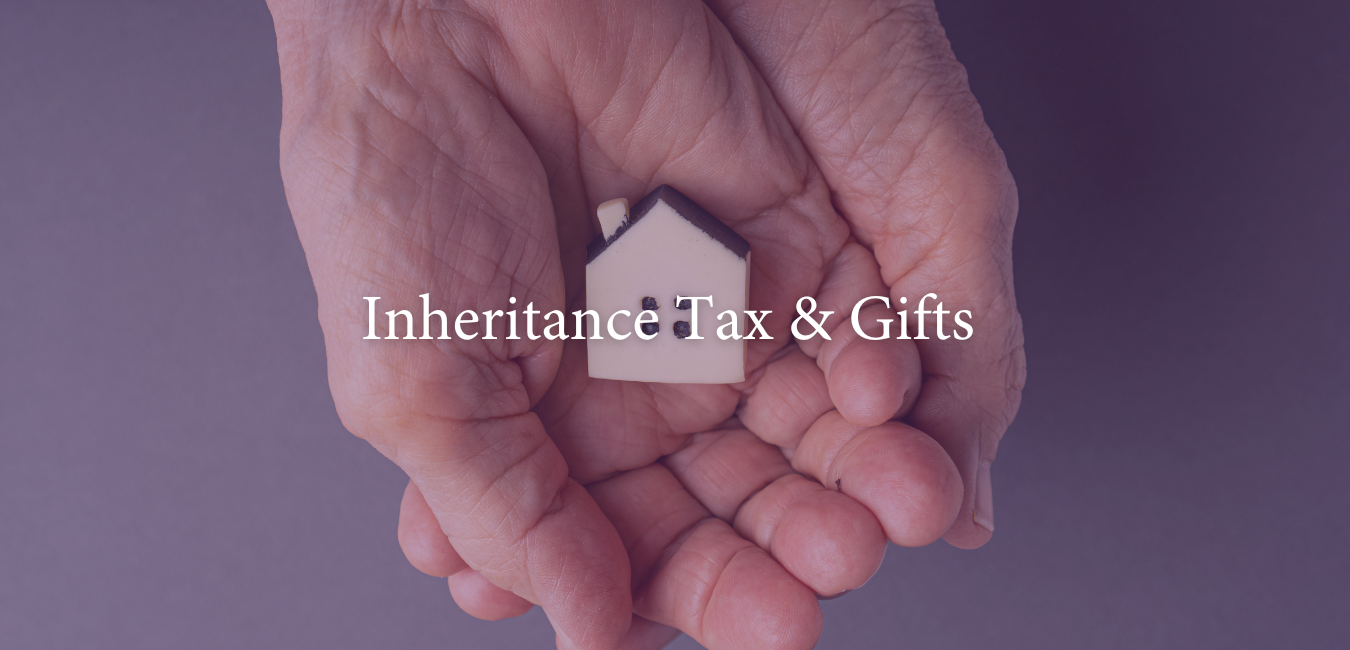60-day capital gains tax reporting for residential property disposals
The government introduced reporting requirements for UK residents disposing of residential property on or after 6 April 2020.
From this date, taxpayers were required to report any disposals of UK residential property and pay their estimated capital gains tax (CGT) liability within 30 days of the completion date, but from 27 October 2021, the time limit was increased to 60 days, as announced at Autumn Budget 2021.
Who is affected by the rules?
- The following UK tax resident persons are within the scope of the 60-day CGT rules:
- Individuals;
- Trustees;
- Personal representatives;
- Partners in partnerships and limited liability partnerships; and
- Joint owners of property.
What if I am not UK tax resident?
There are similar rules for non-UK residents, covering both residential and non-residential property disposals. These are not covered by this briefing, and professional advice should be sought as appropriate.
What disposals fall within the 60-day CGT rules?
The rules apply to disposals of UK residential property where the date of disposal (date of exchange of contracts) falls on or after 27 October 2021 and a CGT liability arises on the disposal.
The 60-day rules apply to direct interests in residential property only, for example the sale or gifting of a house. Disposals of indirect interests, such as shares in a company which holds UK residential property, are not caught.
The definition of residential property includes any property suitable for use as a dwelling, or which is in the process of being constructed or adapted for such use. If there has been mixed use throughout the ownership period, only the residential element of the gain and the associated CGT needs to be reported under the 60-day rules.
Typical examples where taxpayers may need to submit a 60-day return include:
- A property they have never lived in, or only lived in for part of the ownership period;
- Holiday homes; and
- Rental properties.
There is no 60-day reporting requirement where no tax arises on the disposal. This may be the case where:
- The disposal is a ‘no gain, no loss’ transfer between spouses or civil partners;
- Any gain arising on the disposal will be fully covered by exemptions, for example the annual exemption or Private Residence Relief; or
- The property is being sold at a loss or nil gain.
Taxpayers selling their only or main residence should not be caught by the 60-day rules, provided the property has been occupied by them throughout their period of ownership.
In addition, there will be no 60-day reporting requirement if the disposal represents one of the following:
- The grant of a lease on commercial terms for no premium, to an unconnected person;
- Disposals by a charity;
- Disposals of a pension scheme investment; or
- A disposal of property which is chargeable to income tax.
What is the procedure for reporting the disposal to HMRC?
HMRC has developed a new digital service, through which all reports should be made.
In order to make the report, individuals and trustees will need to login via the Government Gateway and register for a ‘Capital Gains Tax on UK Property’ account with HMRC. You can choose to report the disposal yourself, or authorise your accountant to report the disposal on your behalf.
Once the 60-day return is submitted, HMRC will issue a payment reference, under which a payment on account of the estimated CGT arising from the disposal can be made.
To report any capital gains, you’ll need:
- calculations for each capital gain or loss you report
- details of how much you bought and sold the asset for
- the dates when you took ownership and disposed of the asset
- any other relevant details, such as the costs of disposing of the asset and any tax reliefs you’re entitled to
What is the deadline for reporting the disposal?
Taxpayers have 60 days from the date of completion (not the date of exchange of contracts) to report the property disposal and make the CGT payment on account to HMRC.
Late filing penalties may be charged, together with interest on any unpaid tax. In certain circumstances, a 60-day return may not be required, for example if the taxpayer has already submitted a self-assessment tax return reporting the disposal.
How is the CGT payment on account calculated?
If you’re a higher or additional rate taxpayer you’ll pay:
- 28% on your gains from residential property
- 20% on your gains from other chargeable assets
If you pay basic rate Income Tax:
If you’re a basic rate taxpayer, the rate you pay depends on the size of your gain, your taxable income and whether your gain is from residential property or other assets.
1. Work out how much taxable income you have - this is your income minus your Personal Allowance and any other Income Tax reliefs you’re entitled to.
2. Work out your total taxable gains.
3. Deduct your tax-free allowance from your total taxable gains.
4. Add this amount to your taxable income.
5. If this amount is within the basic Income Tax band you’ll pay 10% on your gains (or 18% on residential property). You’ll pay 20% (or 28% on residential property) on any amount above the basic tax rate.
Example
Your taxable income (your income minus your Personal Allowance and any Income Tax reliefs) is £20,000 and your taxable gains are £12,600. Your gains are not from residential property.
First, deduct the Capital Gains tax-free allowance from your taxable gain. For the 2021 to 2022 tax year the allowance is £12,300, which leaves £300 to pay tax on.
Add this to your taxable income. Because the combined amount of £20,300 is less than £37,700 (the basic rate band for the 2021 to 2022 tax year), you pay Capital Gains Tax at 10%.
This means you’ll pay £30 in Capital Gains Tax.
If you have gains from both residential property and other assets:
You can use your tax-free allowance against the gains that would be charged at the highest rates (for example where you would pay 28% tax).
If you’re a trustee or business:
Trustees or personal representatives of someone who’s died pay:
· 28% on residential property
· 20% on other chargeable assets
You’ll pay 10% if you’re a sole trader or partnership and your gains qualify for Business Asset Disposal Relief.
Helpful hints:
- You should collate information and let your accountant know of your plans as early as possible, to minimise the risk of missing the 60-day deadline and assist with cashflow planning.
- Where a property disposal results in a loss, a 60-day return does not need to be filed. However, in certain circumstances it may be beneficial to file a return to claim the loss with HMRC.
- Taxpayers should consider whether there are opportunities to release capital losses prior to disposing of a residential property, thereby enabling the losses to be included when calculating the estimated CGT payment on account.
- Taxpayers should be aware of the changes to the reliefs available on the sale of properties which have not been their main residence for the entire period of ownership. Since 6 April 2020 some of these reliefs have been curtailed.
- If you are unsure whether you are UK or non-UK tax resident at the time of a disposing of UK property, discuss this with your accountant.
- Following the end of the tax year in which a residential property disposal is made, taxpayers should review their position to determine if tax was overpaid on the estimated CGT payment on account.
Menu
Get In Touch
Tel: 01733 247500
Email: admin@ggmaccountancy.co.uk
Office: Unit 12, Broadway Shopping Centre
Malting Square, Yaxley, Peterborough
PE7 3JJ
Sign Up To Our Newsletter
Contact Us
We will get back to you as soon as possible
Please try again later
Proud Partners Of
Menu
Get In Touch
Tel: 01733 247500
Email: admin@ggmaccountancy.co.uk
Office: 42 Tyndall Court, Commerce Road
Lynch Wood, Peterborough, PE2 6LR
Follow Us On Social Media
Sign Up To Our Newsletter
Contact Us
We will get back to you as soon as possible
Please try again later
All Rights Reserved | GGM Accountancy Ltd | Website designed by Onelink Media









